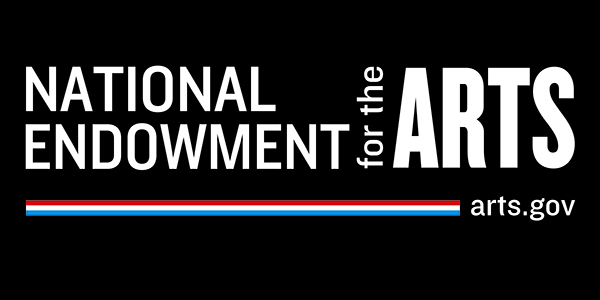National Endowment for the Arts
Background
The National Endowment for the Humanities (NEH), established in 1965, is the largest federal funder of arts-related work in the United States. In fiscal year 2021, the agency’s budget is approximately $167 million, around 80% of which is projected to be awarded through block grants or peer-reviewed project grants.
As of January 20, 2021, all of the policy positions at the agency were replaced with personnel from the new administration. As of March, there is an acting Chairperson, and it is unknown when an official appointee will be nominated by the President and confirmed by the Senate. As with all federal agencies during the transition, this means that there are considerable questions regarding the direction and priorities of the agency under new leadership, and it seems like this situation will continue for the foreseeable future.
The most recent comprehensive report from the agency is its 2019 Annual Report.
Quick Facts
- NEA’s FY 2021 budget is $167.5 million. At least 80% of the agency’s budget typically goes toward grants, much of which is awarded through a block-grant formula to state-level arts agencies; the remainder is awarded through peer-reviewed project grants.
- Unlike NEH, which is organized by function, the NEA is organized by artistic field. The agency is currently organizes the fields into these divisions:
- Literary Arts and Arts Education Division
- Multidisciplinary Arts Division
- (Artists Communities/Folk & Traditional Arts/Presenting & Multidisciplinary Works)]
- Partnership Division
- Accessibility/Challenge America/Local Arts Agencies/States & Regions/International Activities
- Performing Arts Division
- (Dance/Music/Opera/Musical Theater/Theater)]
- Visual Arts Division
- (Design/Media Arts/Museums/Visual Arts)
- Research and Analysis is responsible for the Research Grants in the Arts programs.
- Each artistic field area is managed by a director and team of program specialists or analysts who are responsible for reviews and activities within the fields. Each field area is administratively wrapped into a larger “division,” which is coordinated or managed by program staff. The artistic fields are particularly important in organizing the agency’s peer review processes, so keep these in mind when considering how best to explain and present your project in an application.
- I provided more detail on the structure and funding distribution within NEA in my 2020 webinar, “Strategies for Federal Humanities and Arts Funding.”
Resources
- NEH publishes this explainer about its review process.
- The agency encourages artists and researchers to volunteer to be a panelist in the agency’s peer review process!
- NEA Quick Facts one-pager (updated February 2020).
- Most programs include sample application narratives and FAQs along with the notice of funding opportunity documents; all current programs are listed here, and each funding opportunity provides specific information on a dedicated page.
- You can search for previously funded projects using the agency’s “Recently Funded Projects” search, which contains information on all projects funded by NEA since 1998.
Major NEA funding programs
The agency has many funding programs across its various units, and there are also special initiatives that can be developed and funded by the Office of the NEA Chairperson. University researchers are most often interested in these programs:
- NEA Grants for Arts Projects. Learn more
- Our Town. Learn more
- NEA Research Grants in the Arts. Learn more
Outlook
The NEA’s budget declined for about five years following the “fiscal cliff” and recisions of 2013, then stayed more-or-less steady in subsequent continuing resolutions.
The agency has fared better since 2018. Although the Trump Administration proposed the elimination of the agency multiple times, the agency’s budget actually increased by small amounts between 2017 and 2020. In 2020, a large infusion of one-time funds through the CARES Act increased the agency’s budget. It is likely that additional, likely one-time programs, will come along this year through additional pandemic relief funds.
